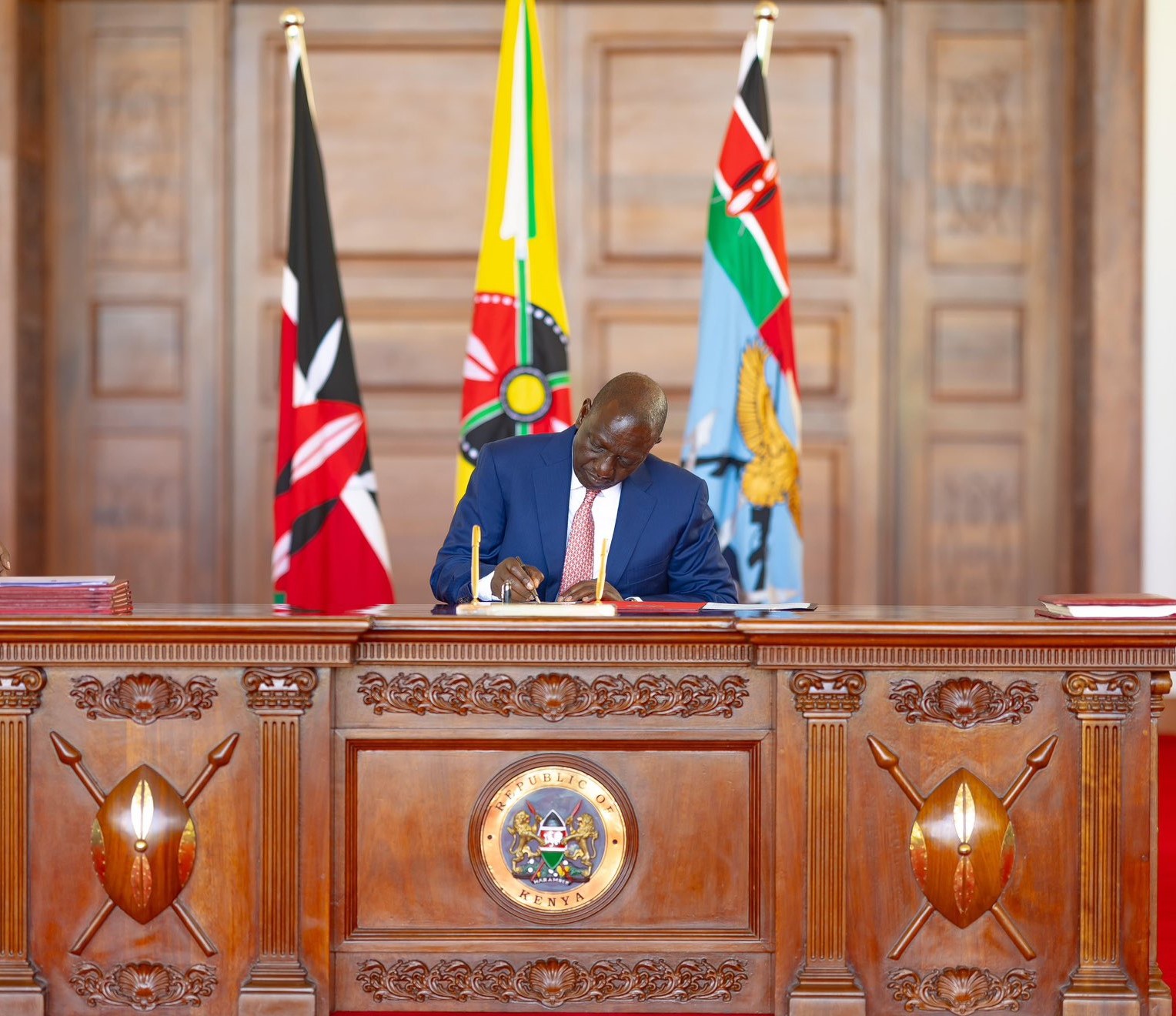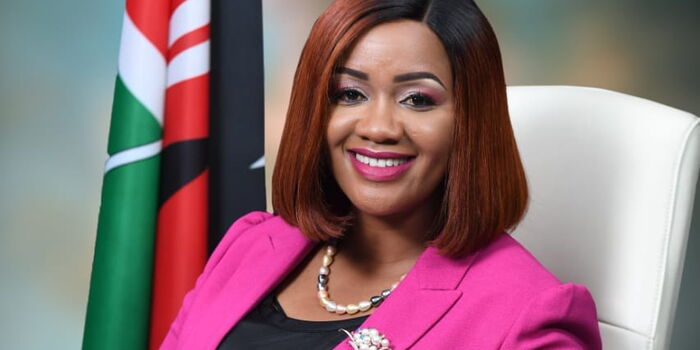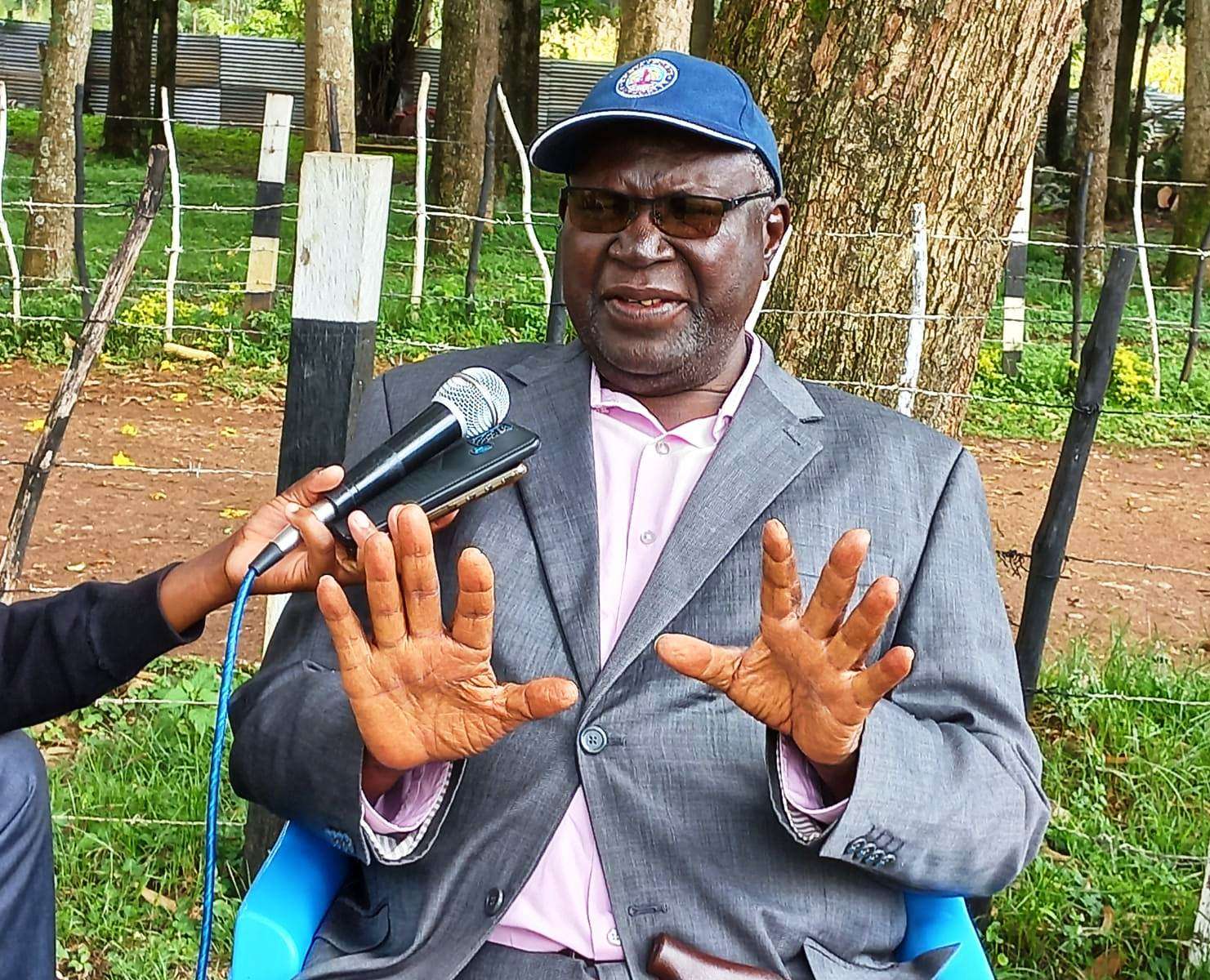President William Ruto has unveiled a strategic Cabinet reshuffle designed to enhance government efficiency and drive the implementation of his Bottom-Up Economic Transformation Agenda (BETA). A statement from State House Chief of Staff Felix Koskei on Thursday evening outlined significant changes across ministries, state departments, and the Foreign Service to enhance service delivery.
In a surprising yet strategic move, former Health Cabinet Secretary Mutahi Kagwe has been nominated to lead the Ministry of Agriculture and Livestock Development. He replaces Dr Andrew Karanja, appointed Kenya’s Ambassador to Brazil. Kagwe’s return to government service follows recent talks between President Ruto and former President Uhuru Kenyatta, reigniting political speculation.
Kipchumba Murkomen, previously serving as the Cabinet Secretary for Roads and Transport, has been tapped to lead the Ministry of Interior and National Administration. His new role reflects Ruto’s focus on addressing rising security concerns and maintaining national stability.
Another notable shift sees former Kiambu Governor William Kabogo stepping into the role of Cabinet Secretary for Information, Communication, and the Digital Economy. Kabogo, 63, succeeds Margaret Nyambura Ndung’u, who has been redeployed as Kenya’s High Commissioner to Ghana.
Former Nakuru Governor Lee Kinyanjui also makes a comeback as Cabinet Secretary in the Ministry of Investments, Trade, and Industry. His appointment highlights the administration’s reliance on experienced county leaders to steer national development.
Additionally, Ndiritu Muriithi, the former Laikipia Governor, has been appointed Chairperson of the Kenya Revenue Authority Board, signalling a push for expertise in revenue mobilization. Meanwhile, Ababu Namwamba transitions to the diplomatic arena as Kenya’s Permanent Representative to the United Nations Environment Programme (UNEP) and the United Nations Office in Nairobi (UNON).
This reshuffle underscores President Ruto’s commitment to aligning the government with his development agenda while stoking political intrigue. The appointments reflect shifts in alliances and governance priorities ahead of the 2027 elections. However, these nominations still await parliamentary approval, leaving room for potential political wrangling.





